When it comes to skincare, one product that should never be overlooked is sunscreen. Protecting our skin from the harmful effects of the sun is crucial for maintaining its health and appearance. In this article, we will explore the numerous benefits of sunscreen and why it should be an essential part of your daily skincare routine.
Importance of Sunscreen
Sunscreen is not just an option; it is a necessity for maintaining healthy and youthful skin. Applying sunscreen regularly helps shield your skin from the harmful ultraviolet (UV) rays emitted by the sun. These rays can cause significant damage, leading to sunburns, premature aging, and even skin cancer.
Protection Against Harmful UV Rays
The primary purpose of sunscreen is to protect your skin from the two types of UV rays: UVA and UVB. UVA rays can penetrate deep into the skin, causing long-term damage, while UVB rays are responsible for sunburns. Sunscreen acts as a barrier, absorbing or reflecting these rays and preventing them from penetrating your skin.
Prevention of Sunburns
Sunburns are not only painful but also harmful to your skin. They indicate that your skin has suffered damage from excessive sun exposure. By applying sunscreen with a sufficient sun protection factor (SPF), you can significantly reduce the risk of sunburns and alleviate the discomfort associated with them.
Reduced Risk of Skin Cancer
Skin cancer is a serious concern, and protecting your skin from the sun is one of the most effective ways to prevent it. Regular use of sunscreen has been proven to reduce the risk of developing various types of skin cancer, including melanoma, which is the deadliest form.
Prevention of Premature Aging
Excessive sun exposure can accelerate the aging process of your skin, resulting in fine lines, wrinkles, and age spots. Sunscreen acts as a shield against the harmful effects of the sun, helping to maintain your skin’s elasticity and youthful appearance.
Maintenance of Even Skin Tone
Uneven skin tone and discoloration are common skin concerns. Sunscreen can help prevent the development of dark spots and hyperpigmentation caused by sun exposure, leading to a more even complexion.
Prevention of Sunspots and Hyperpigmentation
Sunspots, also known as solar lentigines, are dark spots that appear on the skin due to prolonged sun exposure. Regular use of sunscreen helps prevent the formation of sunspots and reduces the appearance of existing ones, promoting a clearer and more radiant complexion.
Protection for Sensitive Skin
Individuals with sensitive skin often struggle to find suitable skincare products. Fortunately, many sunscreens are formulated to be gentle and non-irritating, making them suitable for even the most sensitive skin types. Applying sunscreen can help protect sensitive skin from inflammation and redness caused by sun exposure.
Prevention of Sun-Related Eye Damage
The skin around our eyes is delicate and prone to damage from the sun. Prolonged sun exposure can lead to eye conditions such as cataracts and macular degeneration. Using sunscreen around the eyes or wearing sunglasses with UV protection can help safeguard your eye health.
Compatibility with Other Skincare Products
Sunscreen is a versatile product that can easily be incorporated into your existing skincare routine. It can be applied before or after moisturizer, depending on personal preference. Moreover, many moisturizers and makeup products now come with added SPF, allowing you to double up on sun protection.
Suitable for All Skin Types
Regardless of your skin type, sunscreen is essential for everyone. Whether you have oily, dry, or combination skin, there is a sunscreen formulation available to suit your specific needs. From lightweight gels to moisturizing creams, you can find a sunscreen that works best for you.
Tips for Using Sunscreen Effectively
To maximize the benefits of sunscreen, it’s important to use it correctly:
- Apply sunscreen generously and evenly to all exposed areas of the skin.
- Reapply sunscreen every two hours, or more frequently if you’re sweating or swimming.
- Use sunscreen even on cloudy or overcast days, as UV rays can still penetrate through clouds.
- Choose a broad-spectrum sunscreen that protects against both UVA and UVB rays.
- Consider using sunscreen with a minimum SPF of 30 for adequate protection.
Common Misconceptions About Sunscreen
There are a few misconceptions surrounding sunscreen that need to be addressed:
- Myth: Darker skin tones don’t need sunscreen.
- Fact: While individuals with darker skin have more natural protection against the sun due to increased melanin, they are still susceptible to sun damage and should wear sunscreen.
- Myth: Sunscreen is only necessary during the summer.
- Fact: Sunscreen should be used year-round, as UV rays are present regardless of the season.
- Myth: Sunscreen prevents the absorption of Vitamin D.
- Fact: While sunscreen can reduce Vitamin D synthesis, it’s essential to prioritize sun protection and obtain Vitamin D from other sources like diet or supplements.
Conclusion
In conclusion, incorporating sunscreen into your daily skincare routine is a simple yet effective way to protect your skin from sun damage. From preventing sunburns and premature aging to reducing the risk of skin cancer, the benefits of sunscreen are undeniable. Don’t forget to prioritize your skin’s health by applying sunscreen regularly and enjoying the sun responsibly.

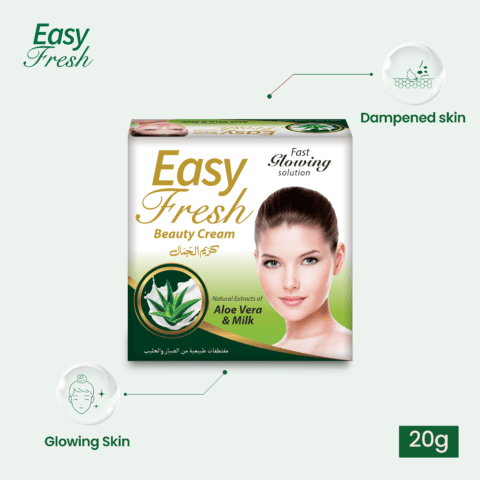
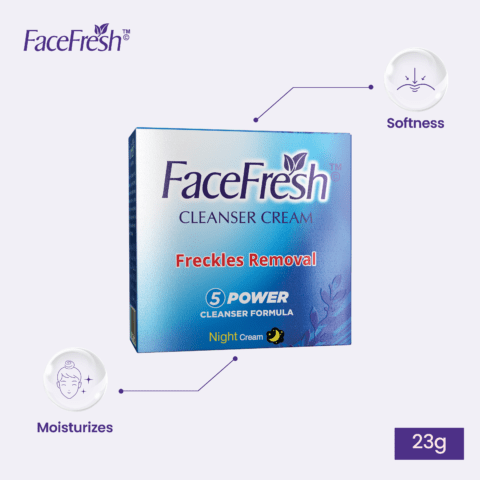
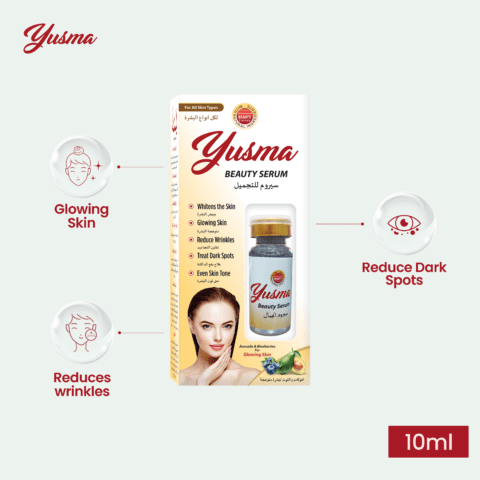
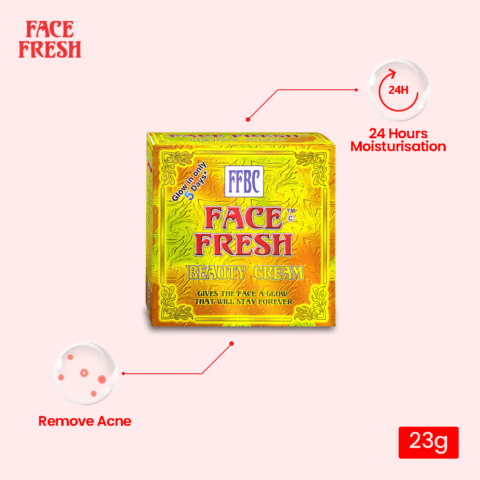
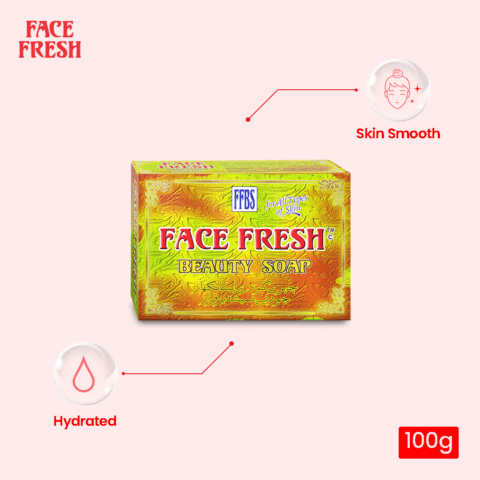

Leave a comment
Your email address will not be published. Required fields are marked *